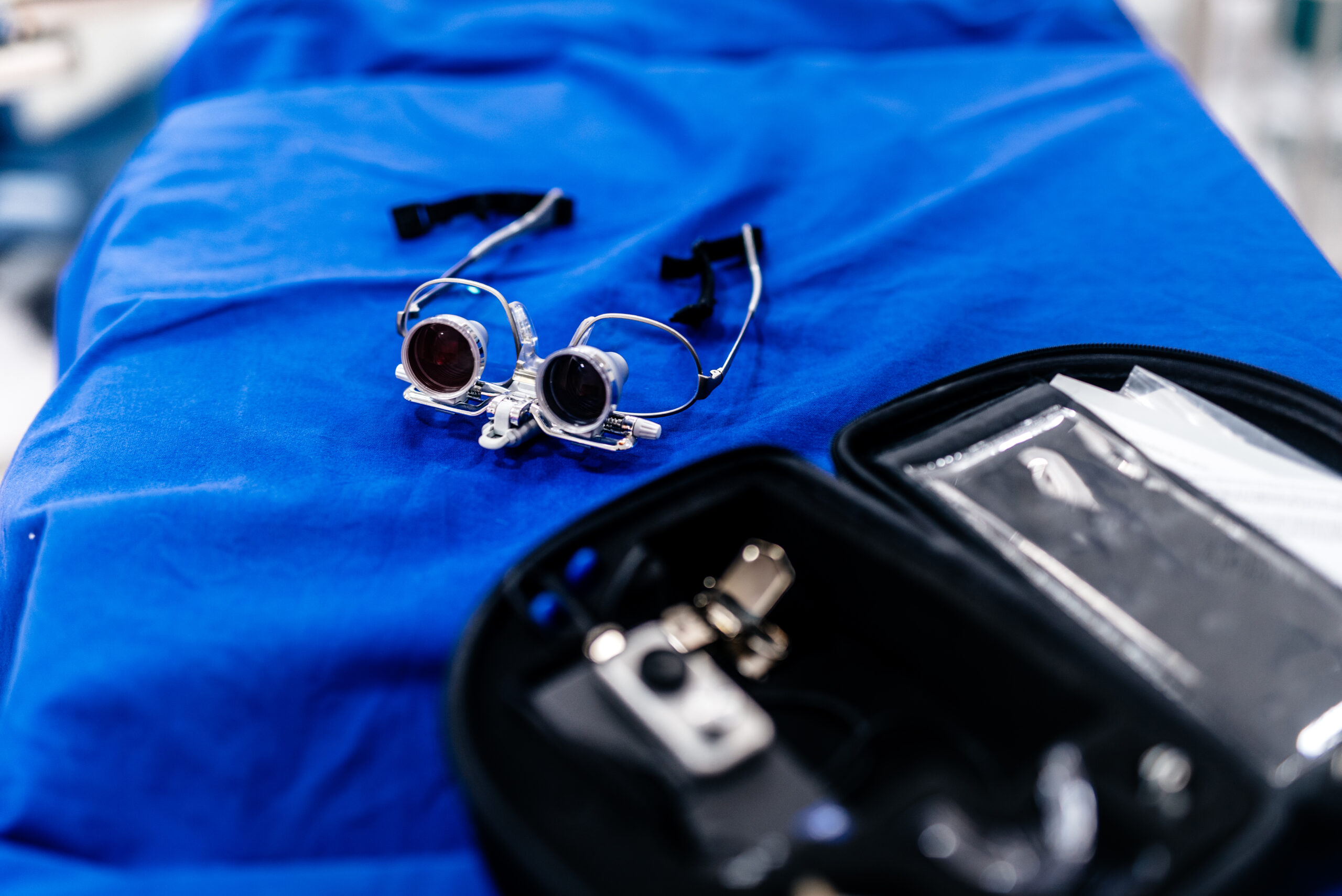
Toothpaste & Prophy Paste Abrasion
Both dentin and enamel can be worn down at a more than normal pace when exposed to very abrasive toothpastes.
We have learned that this damage is not being caused by the toothbrush, but the material being put on the toothbrush. As the desire to have whiter and whiter teeth has become popular, manufacturers have increased the abrasiveness of toothpaste to more effectively remove the external stains. In addition, tarter control and other newer versions of toothpaste designed to grab market share of consumers can also tend to be more abrasive.
Ideally, we would like to be brushing with a material that has an RDA (relative dentin abrasiveness) of less than 80, but the FDA allows toothpaste to be sold with an RDA up to 200. The original Colgate toothpaste has an RDA in the 70’s. Most Sensodyne have RDA’s below 85, but several of the 2 & 1 tarter control and whitening have an RDA close to the maximum of 200. The abrasiveness can damage restorations, increase wear of exposed dentin and exacerbate sensitivity. At my Scottsdale, AZ practice, we keep a list of the most common toothpastes with their RDA, so we can discuss this with our patients.
Prophy paste, even the fine, is generally more abrasive then over the counter toothpastes.
In addition, it is applied using a prophy cup going at 20,000 rpm’s with much more pressure. Even though the incidence is much less frequent, being 2 to 4 times per year instead of every day, this can still be a significant issue.
A cool little experiment is to take some microscope slides and using your fingers rub prophy paste around on them and then rinse. Look at the slides with light behind them. You’ll be surprised to see a slide is scratched after just one application. This is the same thing that will happen to ceramic restorations. The glaze will be easily scratched. The surface of the crown or veneer will begin to deteriorate.
Similarly, abrasive prophy paste will increase a patient’s sensitivity if used on exposed roots, accelerate the wear on exposed dentin or cementum, and can damage other restorative materials. The RDA of prophy paste can range from 150 for fine to up over 300 for coarse. Alternatives are to use products like Clinpro 5000 or MI Paste as a prophy product, both of which are low in abrasiveness. In my office, we use a product called Proxyt, from Ivoclar. It is a non-abrasive prophy product and is available in 3 grits and with and without fluoride. All three of the varieties have RDA’s between 7-83 and are safe to use on dentin, cementum, and ceramic.
Related Course
E3: Restorative Integration of Form & Function
DATE: March 30 2025 @ 8:00 am - April 3 2025 @ 2:30 pmLocation: The Pankey Institute
CE HOURS: 41
Dentist Tuition: $ 7400
Single Occupancy with Ensuite Private Bath (per night): $ 345
THIS COURSE IS SOLD OUT Understanding that “form follows function” is critical for knowing how to blend what looks good with what predictably functions well. E3 is the phase of…
Learn More>






